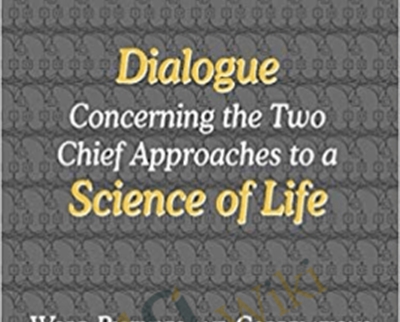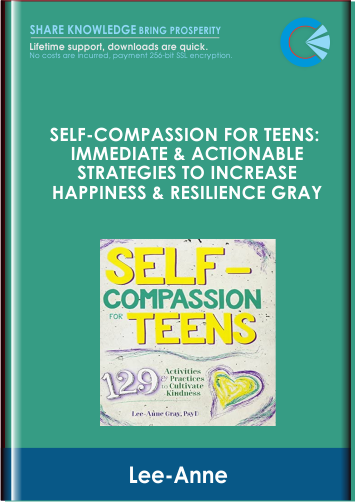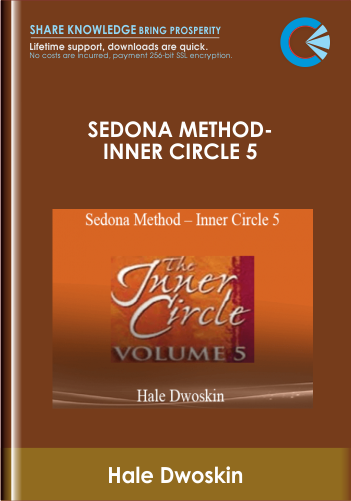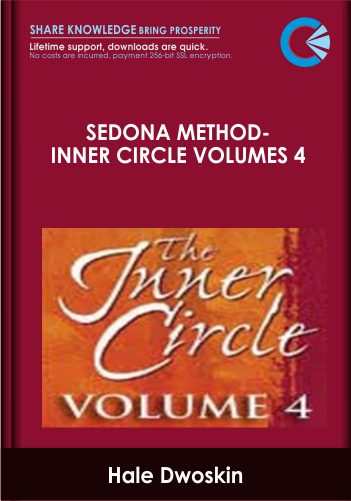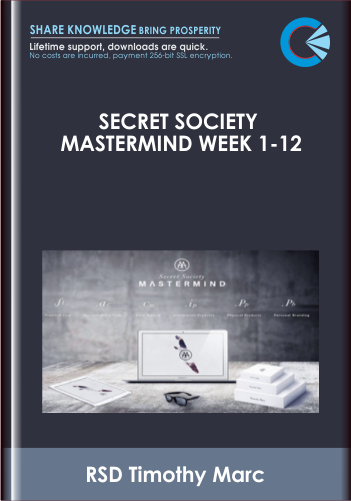Dialogue Concerning the Two Chief Approaches to a Science of Life – William T. Powers and Philip J. Runkel is a digital course. You can access to learn every time. We can make the most of our free time. Let combining study and work, or balance with daily life becomes much simpler at wecor.site!
This actual correspondence between two lucid gentlemen introduces the first ever comprehensive, technically sound, demonstrable explanation for behavior: What it is, how it works, what it accomplishes.
Simply put: Living organisms?people included?are control systems, and act to experience what they want to experience. You know that is what you do, and that is what control systems do.
Perceptual Control Theory (PCT) explains how living things work. PCT lays a foundation for psychology to become a science based on clear principles no less reliable than principles employed in the physical and engineering sciences. Once you understand PCT, you interpret your experiences in light of the new explanation and your outlook changes. Among other things, you will understand the nature of conflict, and how best to resolve it.
Articles, tutorials, and simulation programs are available at the publisher’s website, www.livingcontrolsystems.com.
ABOUT THE AUTHORS
WILLIAM T. POWERS has been developing PCT for over 50 years and has published numerous articles and books from 1957 through 2009.
PHILIP J. RUNKEL was Professor Emeritus of Psychology and Education at the University of Oregon.
FROM COMMENTS ON THIS VOLUME
“Bill Powers is one of the clearest and most original thinkers in the history of psychology. For decades he has explored with persistence and ingenuity the profound implications of the simple idea that biological organisms are control systems. His background in engineering allowed him to avoid many of the traps that have victimized even the best psychologists of the past. I believe his contributions will stand the test of time.” Henry Yin, Professor of Psychology & Neuroscience Duke University, NC
“Bill Powers’ work in the 20th century will prove to be as important for the life sciences as Charles Darwin’s work in the 19th century. By the time this notion has become common knowledge, historians of science will be very happy with this correspondence between two giants.” Frans X. Plooij, Director, International Research-institute on Infant Studies, The Netherlands
“…The result [of applying PCT] was a level of plant performance that had never been attained before. The plant won numerous accolades for on time delivery, line linearity, and quality. Also, teamwork between departments, which in the past had been less than ideal, improved significantly.” Jim Soldani, Former Director of Systems Manufacturing, Intel
“… It is often difficult for therapists to grasp the notion that there can be a precise, empirical and quantitative model of purposive, humanistic psychology?but here it is.” Warren Mansell, Senior Lecturer, University of Manchester, UK
“…These characteristics of PCT?its scope, its rejection of IV–DV hand-waving and ‘models’ that don’t work, its demand for hard-science specificity and for correlations near 100%?can make it a hard sell. Those who wish to curry favor among today’s makers and breakers of reputation might well steer clear. The essay Three “Dangerous” Words in Part II will tell you why. But those who want to do something of lasting value should pay close attention. Our colleague Phil Runkel has gone this way before us under the guidance of our mentor Bill Powers, and their 22 years of wise, articulate, witty correspondence lays out bright lights and signposts for our benefit.” Bruce Nevin, Program Manager & Information Architect, Cisco Systems Inc.
Purchase the Dialogue Concerning the Two Chief Approaches to a Science of Life – William T. Powers and Philip J. Runkel course at the best price at Wecor and unlock a world of knowledge at the best price. Upon completing your purchase, you'll receive instant access to the downloads page, allowing you to download all associated course materials. Additionally, we'll send a download notification email directly to your inbox.
Unlock your full potential with Dialogue Concerning the Two Chief Approaches to a Science of Life – William T. Powers and Philip J. Runkel courses. our courses are designed to help you excel.
Our Dialogue Concerning the Two Chief Approaches to a Science of Life – William T. Powers and Philip J. Runkel courses are thoughtfully designed to help you unleash your full potential and excel in your chosen field. Don't wait; take the first step towards greatness by purchasing our courses today. We offer a seamless and secure transaction experience, ensuring your peace of mind throughout.
Rest easy knowing that your financial information is protected by our trusted payment gateways, Stripe and PayPal. Stripe, renowned for its robust security measures, provides a safe and reliable payment process with encrypted technology that keeps your sensitive data confidential. PayPal, a globally recognized payment platform, adds an extra layer of security through its buyer protection program, ensuring your financial details are safeguarded.
Is it secure? to Use of?
- Your identity is treated with utmost confidentiality, and we do not share your information with anyone. Purchasing theDialogue Concerning the Two Chief Approaches to a Science of Life – William T. Powers and Philip J. Runkel course is entirely safe.
- 100% Safe Checkout Privateness coverage
- Secure Communication and Encryption of Sensitive Data
- Card numbers are encrypted using AES-256, and transmitting card numbers occurs in a separate hosting environment, guaranteeing the security of your data.
Course Delivery:
- Upon successful payment for the “Dialogue Concerning the Two Chief Approaches to a Science of Life – William T. Powers and Philip J. Runkel course”, Most of the products will come to you immediately. But for some products were posted for offer. Please wait for our response, it might take a few hours due to the time zone difference.
- If any delays occur, please be patient. Our technical department will process the link shortly after, and you'll receive notifications directly via email. We appreciate your understanding.
What Shipping Methods Are Available?
- You will receive a download link in the invoice or YOUR ACCOUNT.
- The course link always exists. use your account to login and download the Dialogue Concerning the Two Chief Approaches to a Science of Life – William T. Powers and Philip J. Runkel course whenever you need.
- You only need to visit a single link, and you can get all the Dialogue Concerning the Two Chief Approaches to a Science of Life – William T. Powers and Philip J. Runkel course content at once.
- You can do your learning online. You can be downloaded for better results and can study anywhere on any device. Make sure your system does not sleep during the download.
How Do I Track Order?
- We always notice the status of your order immediately after your payment. After 7 days if there is no download link, the system will automatically complete your money.
- We love to hear from you. Please don’t hesitate to email us with any comments, questions and suggestions.


